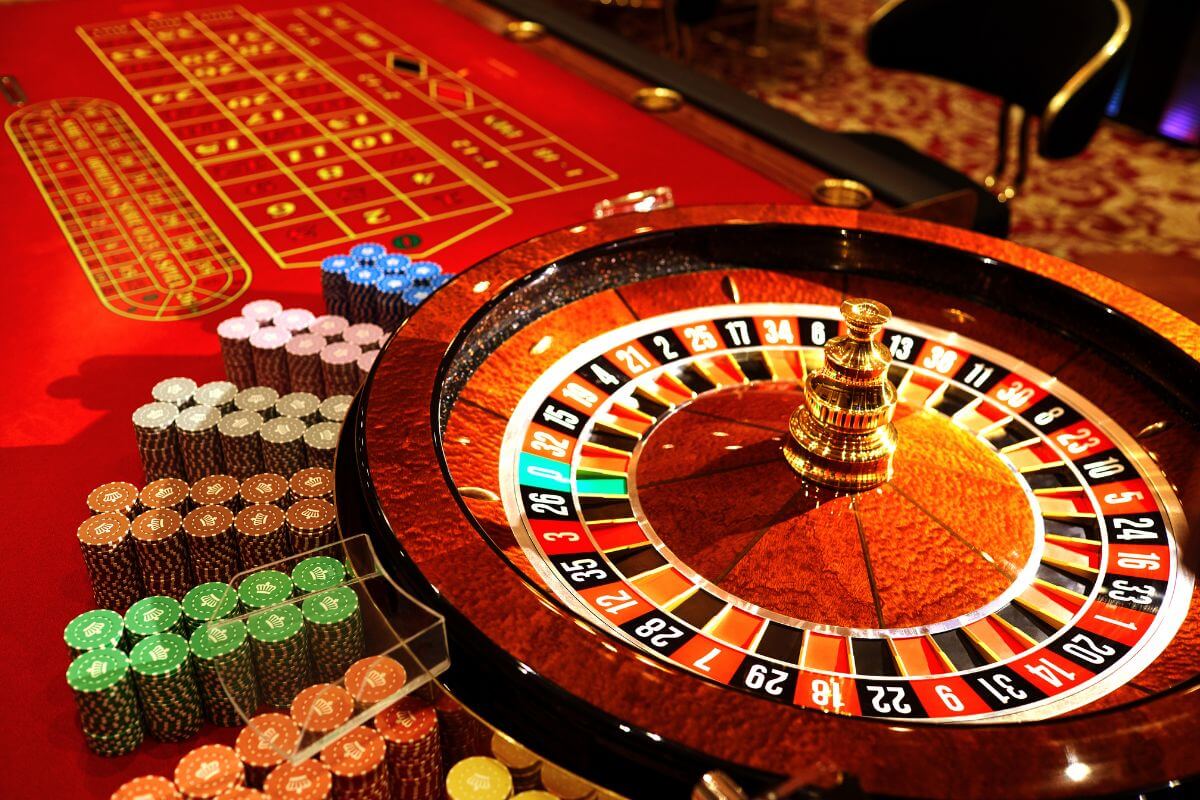
Gambling games have long been associated with the thrill of risk and the adrenaline of luck. Many players arrive at a casino with the assumption that their success hinges solely on chance occurrences. However, a further exploration reveals that these games encompass much more than just the aspect of luck. Understanding the framework, tactics, and human psychology behind casino games can greatly enhance the enjoyment and improve one’s chances of success.
Beyond the captivating sounds of rotating slots and gameplay, casino games involve a complex mix of expertise, strategy, and decision-making. Whether you are participating in blackjack, poker, or even baccarat, knowing the strategies can significantly influence the outcome of the game. Moreover, the mindset of the participants and understanding the odds behind each game can shift the scales of success away from mere fortune. By acknowledging these layers, players can appreciate casino games as a combination of entertainment and cognitive challenge, transforming their approach from one of passive involvement to one of active participation.
The fascinating Psychological Aspects of Gambling
Grasping the psychology of gambling demonstrates that player conduct is motivated by far more than mere luck. The excitement of taking risks, immediate reinforcement, and the potential for winning large sums can create a powerful emotional experience. Many players find themselves captivated by the excitement, which can lead to a cycle of heightened betting and gambling, often driven by a hopeful optimism that colors their views of winning probabilities.
Another key element in the mindset of casino games is the illusion of control. Many gamblers think that their choices, such as the choice of games or wagering strategies, can significantly influence the outcome. Such a belief can enhance their engagement and enjoyment, but it also contributes to persistent gambling behavior, as players often underestimate the role of randomness in these games. The excitement derived from making choices gives players a sense of involvement, which can be misleading in terms of understanding the true odds involved.
Additionally, the environment of the casino plays a crucial role in shaping a gambler’s experience. Factors like lighting, sounds, and the presence of fellow gamblers create a stimulating atmosphere that enhances the thrill of the game. This thoughtfully crafted environment can lead individuals to lose track of time and money spent, as they become enveloped in a sensory experience that heightens their emotional investment. Recognizing these psychological dynamics is essential for understanding why casino games entice players and keep them coming back for more.
Skill vs. Chance in Casino Games
In the field of gambling games, the debate between expertise and chance is a notable one. Numerous players are convinced that fortune is the predominant factor, especially in games like slots where outcomes are random. However, there are activities that clearly showcase the importance of skill, such as Texas Hold’em and blackjack, where players can apply tactics and choices that influence their overall performance. Understanding the mechanics and intricacies of each game can greatly impact a player’s outcome and success.
The role of expertise becomes apparent when considering the various tactics accessible to players. In games like poker, for example, players must analyze their opponents, assess probabilities, and make informed decisions based on their cards and the community cards. This depth of strategy demonstrates how skilled players can consistently surpass novices, proving that success is not solely based on chance but rather on the use of knowledge and expertise. Similarly, in 21, players can use techniques like card counting to gain an advantage over the house, further illustrating the significance of skill.
On the other hand, luck cannot be entirely disregarded in any casino game. While skill can enhance a player’s odds of success, unpredictable outcomes still play a crucial role. Even the most effective tactics can falter due to the random nature of draws or spins. 5MB This interaction between expertise and chance creates a lively gaming environment where players must adapt and react to unpredictable events while also leveraging their skills. Ultimately, successful casino gaming is a mix of both elements, contributing to the intricacy and excitement of the experience.
Strategies for Success
To succeed in gambling, players must understand the value of crafting a strategy designed to the specific game they are playing. Each title has its specific set of rules, odds, and intricacies that require a considerate method. For instance, in games like poker, players can employ techniques such as card counting to make better decisions and improve their odds of winning. Comprehending the odds and payouts associated with each game can allow players to make wiser choices and enhance their general play experience.
Financial control is another essential strategy that cannot be overlooked. Players should establish a budget for their gaming sessions and stick to it. This guarantees that they do not go overboard and helps establish a degree of oversight over their play behavior. Determining in advance how much to bet and when to stop can avert emotional decisions that often lead to significant losses. Smart bankroll management allows players to appreciate gambling without the concern of going broke.
In conclusion, gaining insights from play and watching other players can provide beneficial understanding. Many successful players dedicate time evaluating not only their own gameplay but also that of fellow players. This observation can expose various tactics and techniques, ultimately promoting better decision-making. Participating in self-reflection after gaming sessions helps players recognize what worked and what was ineffective, permitting them to adjust their strategies over time. By uniting insight, discipline, and observation, players can enhance their probability of success in gaming.